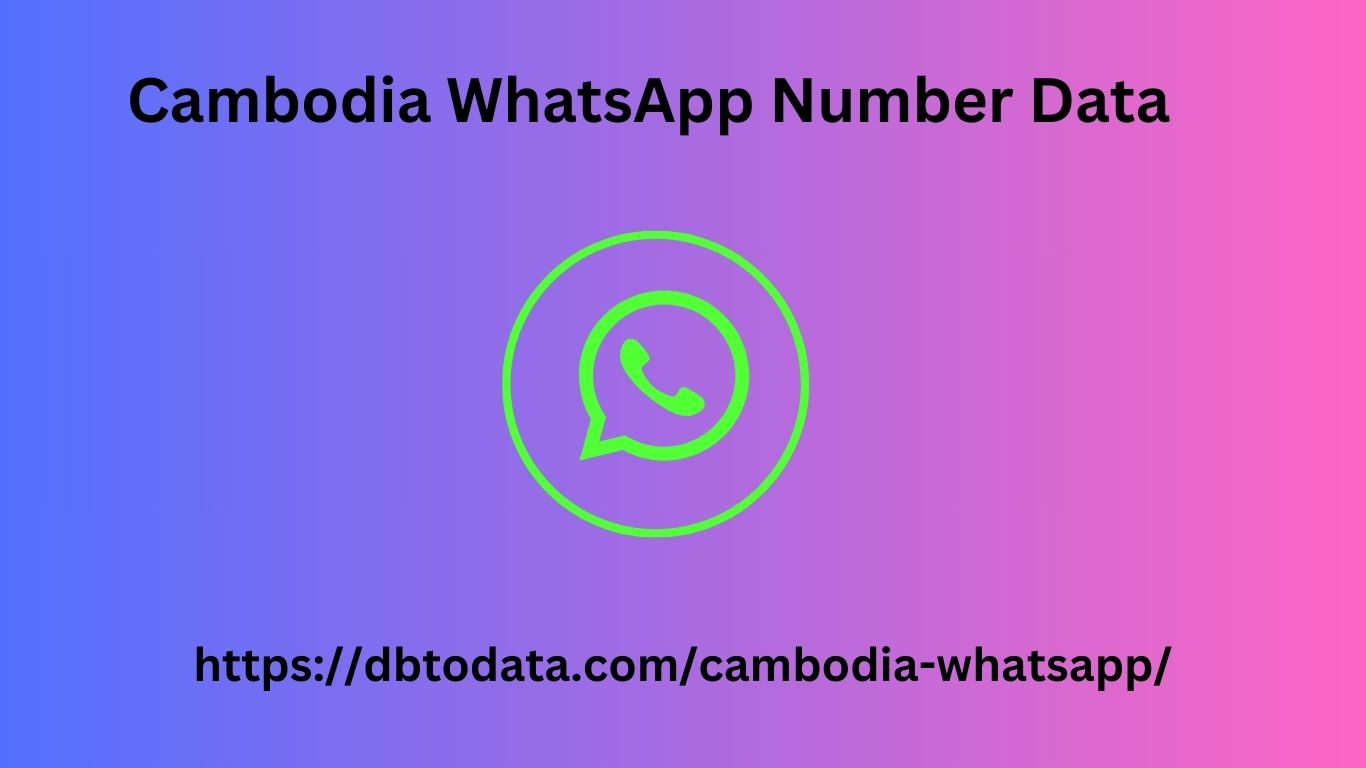|
|
Latent Semantic Indexing (LSI) keywords are words that are linked to a main keyword and are considered semantically relevant. If the main keyword on your page is "credit cards", the LSI keywords would be for example "money", "credit score", "credit limit" or "interest rate". However, these are not synonyms (different words that mean the same thing). These are closely related words that help define the topic of a page. At Semrush, we use " semantically associated words ", and if you want your web pages to rank in the SERPs, you can't ignore the importance of including them in your content.
Google has moved beyond indexing a page Cambodia WhatsApp Number Data based on specific keywords (which was the case before). Its algorithms use closely associated keywords to contextualize content, particularly in cases of ambiguity. In the past, Google looked for occurrences of a keyword on a page to determine its relevance to the query. In the case of our example above: if your page is about credit cards, it was this keyword that was used to determine its relevance and, simplistically, the more mentions the better . But it wasn't an accurate way to determine the relevance of a page, and it led to keyword stuffing and an obsession over keyword density. The search engine has therefore evolved.

By using semantically associated words, it can now define a subject more precisely than by taking into account the number of times a keyword is mentioned. In 2021, there's no denying that optimization should be about topics, not just specific keywords. This is even more evident when analyzing the search queries for which a high-performing page is ranked. To be convinced, just look at the page below, which is ranked for 5600 different keywords: img-semblog So why is there debate around LSI keywords? This is because Google has confirmed several times that they do not exist. Now, we have written a lot on this.
|
|